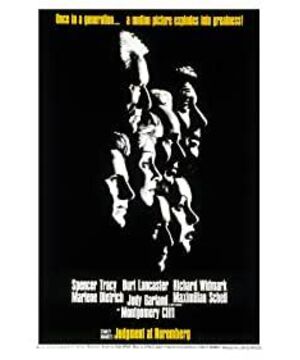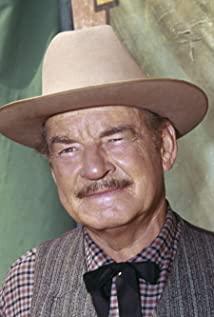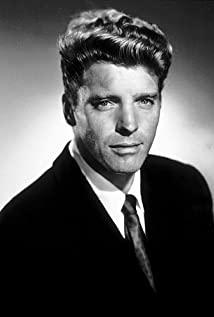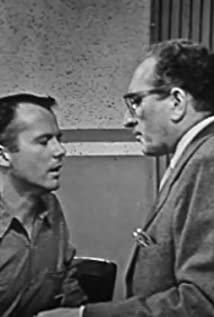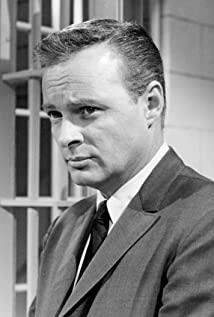The tone is so high that I once thought that this would be a didactic movie, but in fact the whole story is still very delicate, the characters are a little complicated, but fortunately, the main perspectives are well chosen. Court trials take up most of the film, but many of the most intense and exciting confrontations take place outside the courtroom. There are many elements in this world. Although I am not willing to admit it or believe it, sometimes you have to compromise and make sacrifices for the sake of reality. When the American judge listened to his colleagues' discussion of the overall situation and looked at the German judge outside the window, he found that the one outside the window was his sympathetic fellow, with the same ideal of justice and the same cynicism. It is a pity that not all questions have an accurate answer, and everyone can be a saint from the perspective of hindsight. This is an absurd world. Justice is at most a pursuit and will never be a state, not even for a second, because this world is not black and white, either. One judge judges another judge and looks at the world from the standpoint of another person. This is the virtue of human beings, because the world is full of people's evaluation and judgment of others all the time, but no one is from the future. Forgiveness and love are the world's solutions, not the answers. Judgment is a conclusion, not justice, and there is no justice answer. The German judge, after receiving a harsh sentence, realized that it was another self who was judging him, so he finally asked to meet the American judge after he thought he had received a fair trial. Here are the last words the American judge said to the German judge, It is both a condensation of the whole film and the most subtle twist.
View more about Judgment at Nuremberg reviews


